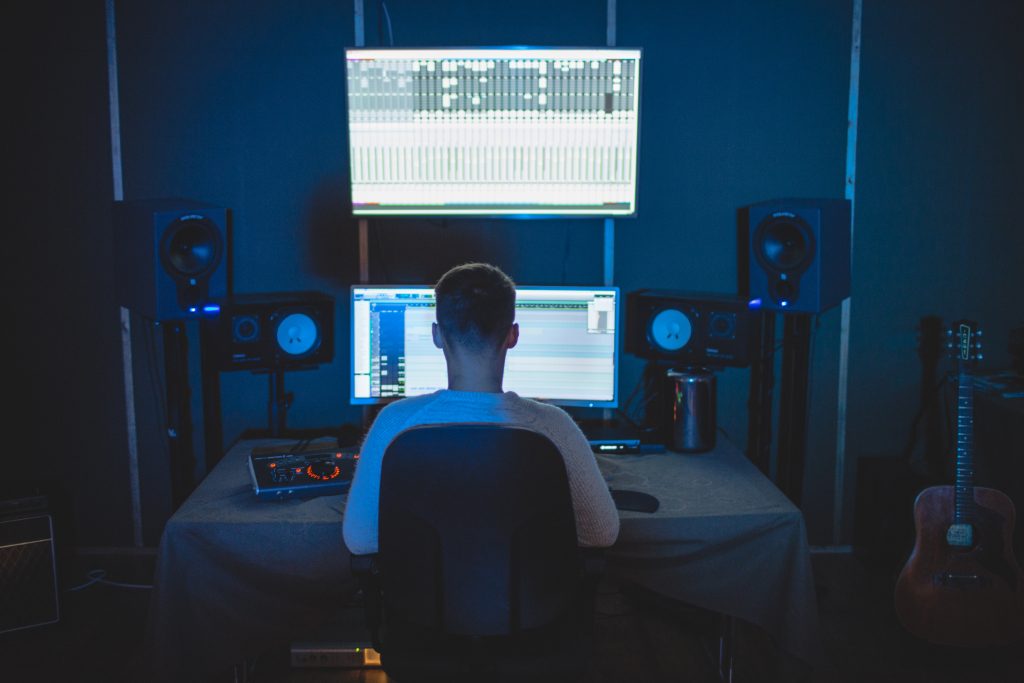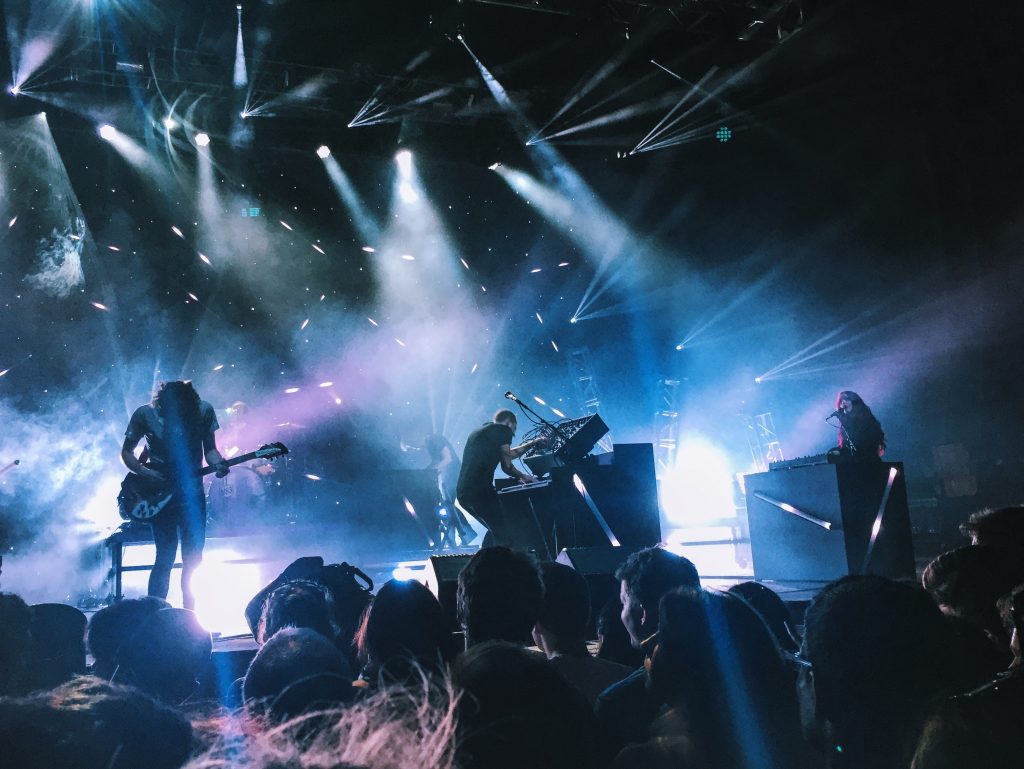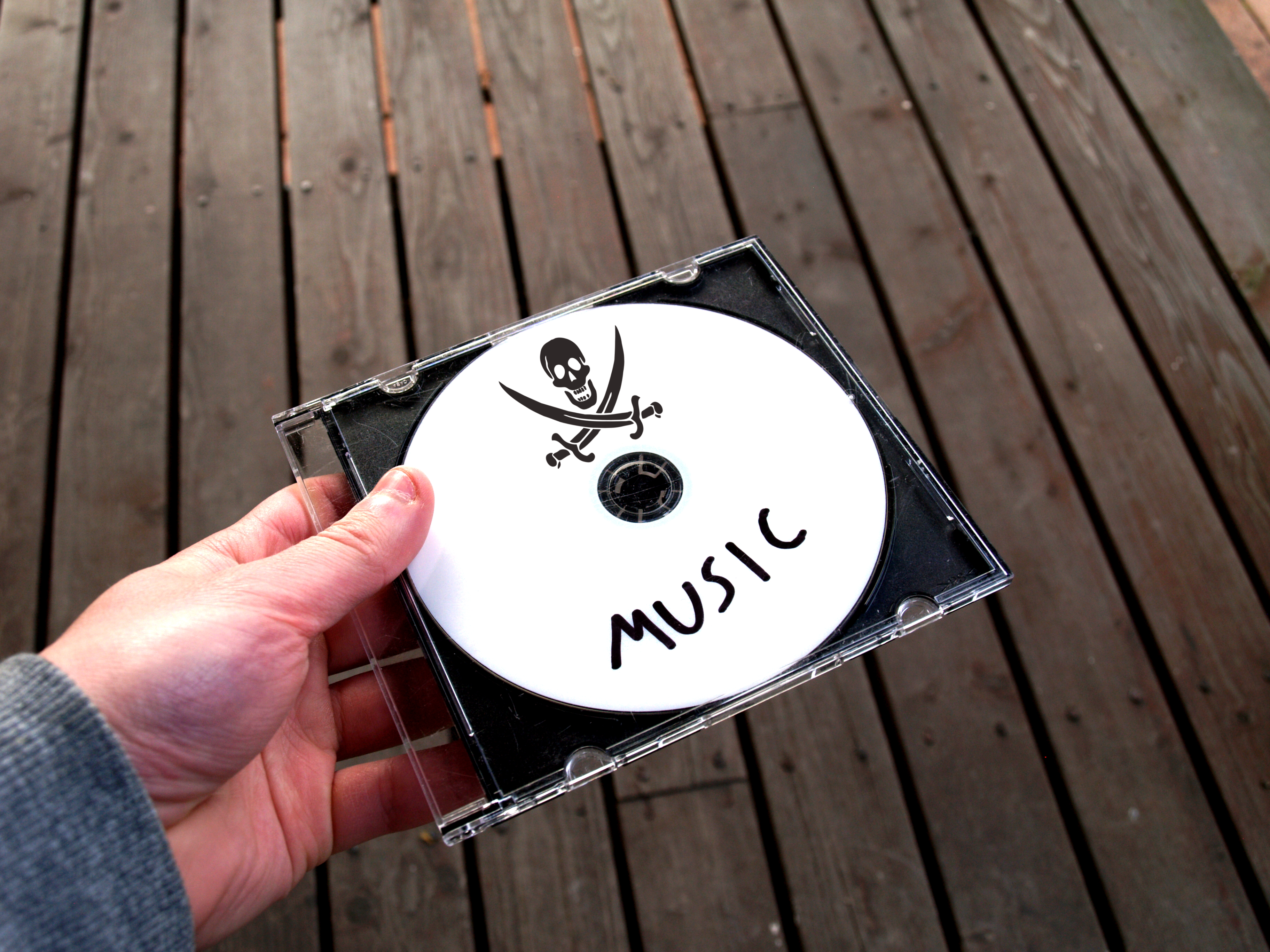Music is something most of us can’t live without on a daily basis. It is so important for some people (me) that they can’t sleep without it.
It is so easy to access to music these days that we forget that it’s actually a business industry. And that people actually survive off of making music.
For decades we’ve been entertained by singers and musicians and have loved them for spilling out our emotions in their music.
But ever since the internet has taken over our lives, illegally downloading music has become an easier option for us and a threat to the artists and the industry.
The Pastafarians might consider Pirates good people, but people that pirate music isn’t.
Music piracy is a real thing and even a bigger threat to the music industry. We might get to listen to our favorite artists for free but illegal music downloading threatens their career.
There are millions of music piracy cases all over the world. From 2004 to 2009, people have illegally downloaded more than 30 billion songs.
Due to the very reason, music sales have dropped by 47% worldwide.
This is just one negative effect of illegal music downloading and music piracy.
Negative Effects of Music Piracy.
Illegal music sharing initially started when CD-burning became a huge trend. People would make numerous copies of their favorite songs and distribute them for a lot cheaper.
And we all know how humans are; we’d always go for a cheaper option if available.

And when Napster made waves on the internet, it turned the music industry upside down.
If you don’t know what Napster is, it is a peer-to-peer music file sharing service that made music sharing easier and free for the users. It became so popular that there were 57 million Napster users.
Thus, we didn’t have to pay for music we’d listen to anymore.
As a result, it really encouraged music piracy while affecting the music industry heavily.
Fewer Royalties for Established Artists.
People consider going into music business not just for having the talent and for fame but also for the money.
And they get their money in terms of royalties when someone uses it.
But illegal music downloading puts an end to the royalty services that established artists get.
Artists get royalties and advances as per their recording contracts. But when instead of buying their music legally, people pirate it, it’s not just a loss of the artist but also the record label.
Hence, pirating music of just one artist affects the whole music industry. Forcing record labels to pay smaller advances to even more established artists.
Lesser money for newer artists.
At times when even established artists are getting lesser money for their art, it’s hard for a new artist, who just set foot into the industry, to survive by just making music.
Due to excessive music piracy cases, the music industry has suffered more than $12.5 billion in losses by 2012. The number is even higher coming into 2019.
So, when it’s so hard for the record labels to pay their already-signed-already-established artist, they won’t make an effort to go ahead and sign a new guy and promise them fame and money.
Loss of Jobs.
The music industry doesn’t just house singers and musicians. It is an industry for a number of people with different musical backgrounds.
And music piracy doesn’t just affect the singers or the record label executives; they also affect the lower-level workers in the music industry.

This means the songwriters, sound engineers, music producers, and sound technicians are paid even less than the artist itself.
In the past decade, 71,000 jobs in the music industry were lost.
However, I have no idea how DJ Khaled is affording all that richness.
The Savior.
While music piracy and illegal music downloading are harming the music industry, music streaming services are saving it.
According to Forbes, streaming is bringing money back to the music industry. Streaming companies like Spotify, Tidal, and Apple Music has made listening to music cheaper (not as cheap as downloading for free but you get the point).
This way, people pay for the music they listen to which helps the artist come out with more music.

Another option artists and record label has is tours and promotional deals.
The industry has shifted so much over the years that artists rather come out with singles than full-length albums.
Because apparently, listeners favor singles over albums these days.
However, giving artists good tour deals encourage them to come out with a good full-length album or even EPs.
This not only gives artists exposure, but it also gives the fans and listeners an opportunity to connect with their favorite artists in person.
And a good promotional deal help artists, as well as record companies, make extra money.









